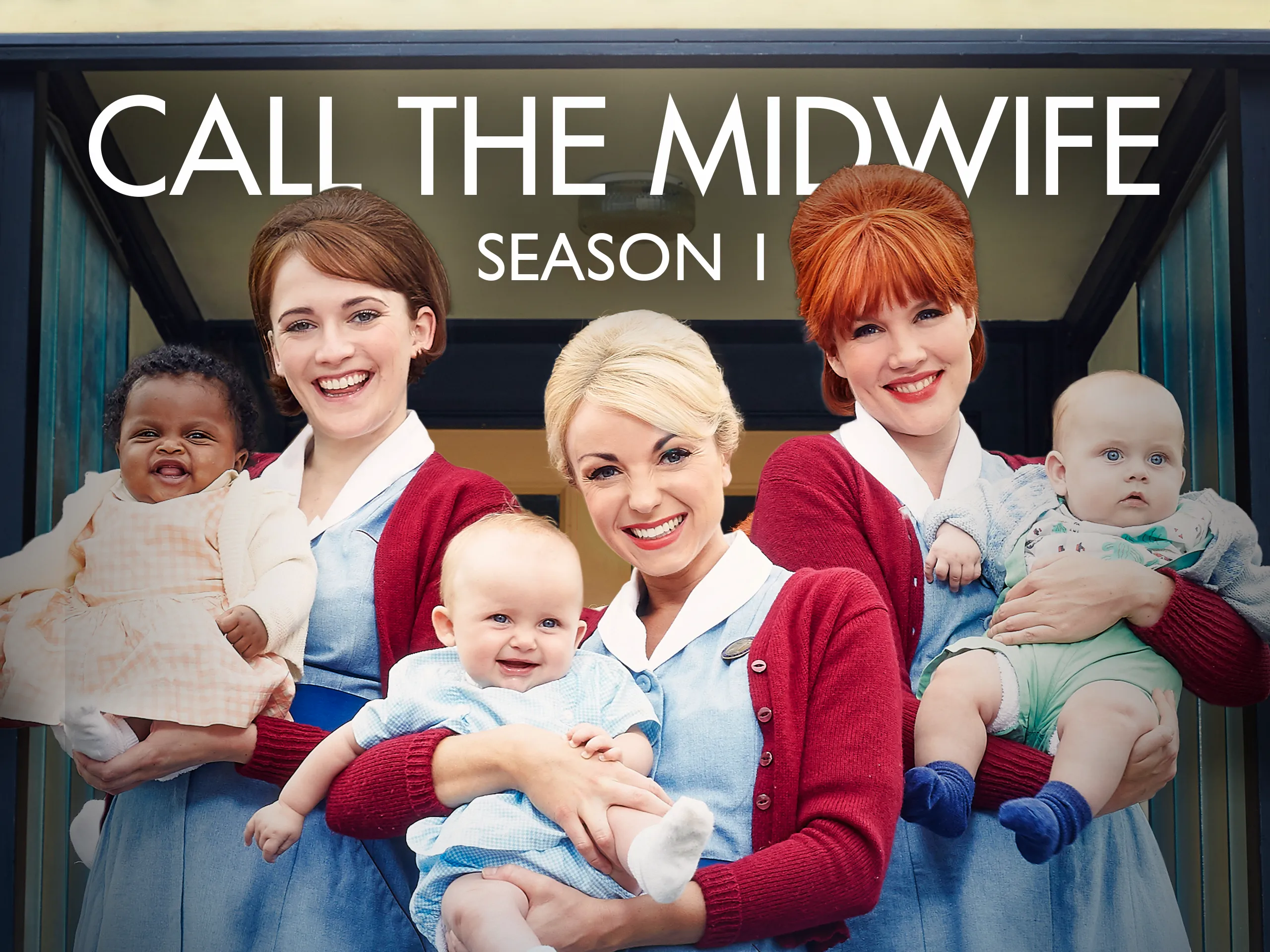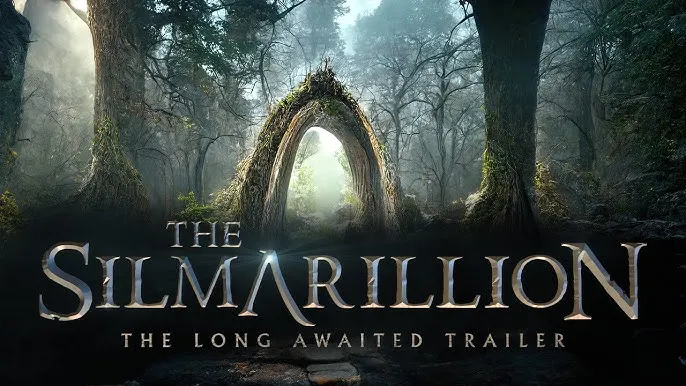"Some memories are real. Others are designed. But pain? Pain is always true."
Blade Runner is not just a film—it’s a neon-soaked dream, a noir meditation on identity, memory, and the terrifying fragility of what it means to be alive. Ridley Scott’s 1982 masterpiece carved its name into the foundation of modern science fiction, not with lasers or explosions, but with rain, silence, and a single, lingering question: Do androids dream of electric souls?
In the dystopian sprawl of Los Angeles, 2019, the world is rotting from within. Pollution chokes the skies, corporations control destiny, and Replicants—genetically engineered humanoids—are manufactured for labor, war, and pleasure. They are stronger than us, faster than us… but by law, they are not us.

Rick Deckard (Harrison Ford) is a Blade Runner: a cop hired to "retire" rogue Replicants. When four escape from an off-world colony to Earth, seeking their creator and a way to extend their engineered lifespans, Deckard is pulled back into the hunt. But the deeper he goes, the blurrier the line becomes between hunter and prey, man and machine, justice and murder.
And then there’s Rachael—a Replicant who believes she’s human. As Deckard falls for her, his certainty begins to unravel. Is he just killing machines—or ending lives with dreams and fears of their own?

Rain lashes every frame. Synth music pulses like a dying heartbeat. And in the film’s final moments, Roy Batty, the leader of the Replicants, delivers a monologue that became legend—not because it answered anything, but because it made us question everything.

-1750128302-q80.webp)

-1754896389-q80.webp)